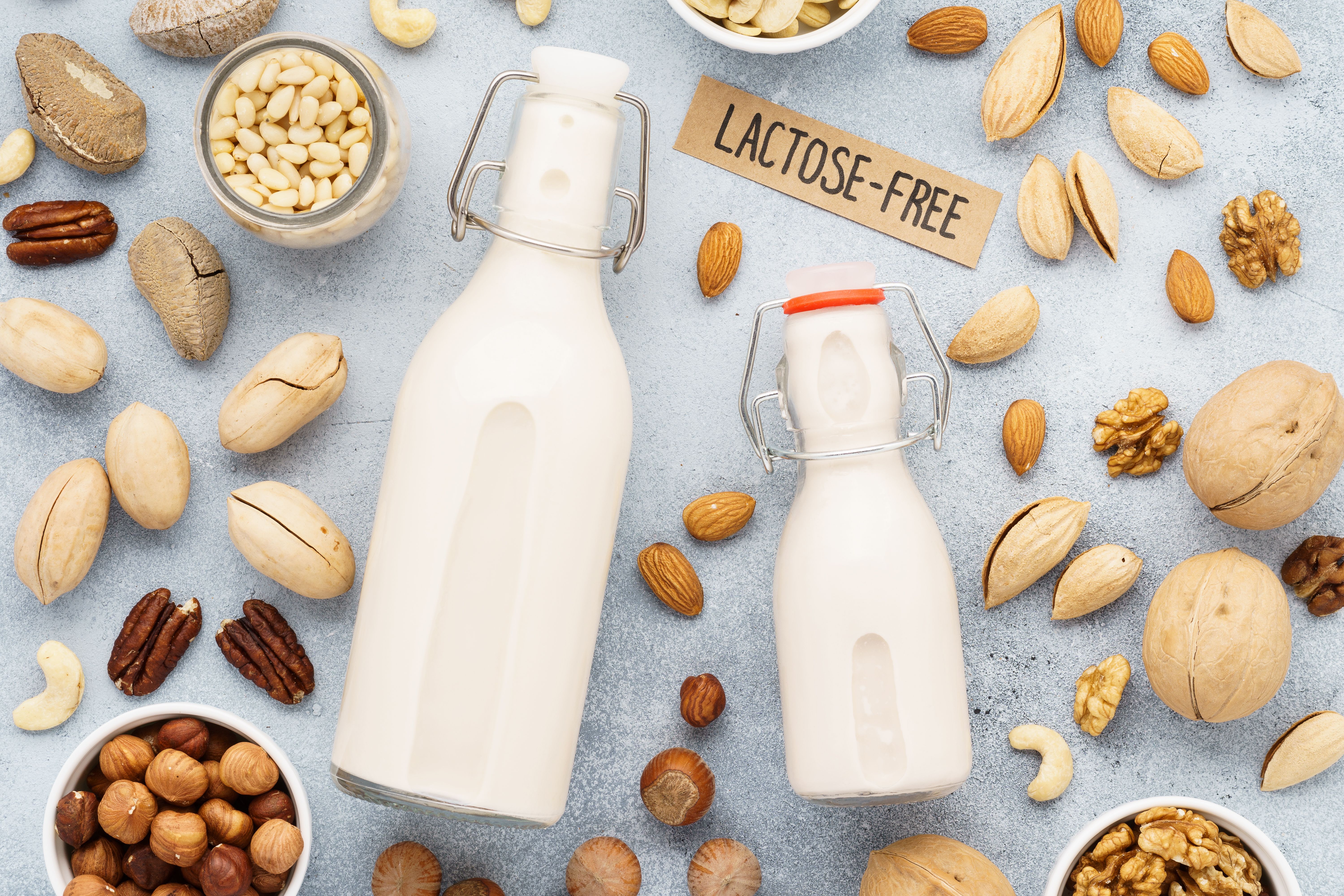The Top Dairy Choice for Managing Blood Pressure
Understanding the Connection Between Dairy and Blood Pressure
Managing blood pressure is crucial for maintaining overall health, and diet plays a significant role in this process. While many people focus on reducing sodium intake, incorporating certain foods can also help manage blood pressure levels. One such food group is dairy, which is increasingly recognized for its potential benefits in this area.

The Role of Calcium and Potassium
Dairy products are rich in essential nutrients like calcium and potassium. These minerals are vital for heart health, as they help regulate blood pressure. Calcium supports the contraction and relaxation of blood vessels, while potassium helps balance sodium levels in the body, thereby reducing tension in the blood vessels.
Incorporating dairy into your diet could help you maintain a healthy balance of these nutrients. A daily intake of low-fat or fat-free dairy products can contribute to improved blood pressure management.
Low-Fat vs. Full-Fat Options
When selecting dairy for blood pressure management, choosing low-fat or non-fat options is recommended. These varieties provide the necessary nutrients without the added saturated fats found in full-fat versions, which can counteract health benefits by raising cholesterol levels.

The DASH Diet
The Dietary Approaches to Stop Hypertension (DASH) diet emphasizes low-fat dairy as part of a balanced diet to combat high blood pressure. This diet plan suggests incorporating three servings of low-fat dairy each day, alongside fruits, vegetables, and whole grains.
Examples of suitable dairy products include:
- Low-fat milk
- Yogurt
- Cottage cheese
Lactose Intolerance Considerations
For individuals who are lactose intolerant, managing blood pressure with dairy can be challenging. However, there are lactose-free options available that still provide essential nutrients. Lactose-free milk, hard cheeses, and lactose-free yogurt can be suitable alternatives that won't compromise your dietary goals.

Probiotics and Fermented Dairy Products
Fermented dairy products like yogurt and kefir contain probiotics, which may have additional benefits for heart health. Probiotics can improve gut health and may contribute to better regulation of blood pressure by influencing inflammatory responses and cholesterol levels.
Including these fermented options in your diet can add variety while supporting overall cardiovascular health.
Conclusion: Making the Right Dairy Choices
In summary, incorporating low-fat or fat-free dairy products into your diet can be a strategic move in managing blood pressure. By focusing on options rich in calcium and potassium and considering lactose-free and fermented varieties, you can enjoy the health benefits without compromising flavor or nutrition.
Remember to consult with a healthcare provider or nutritionist to tailor dietary choices to your individual needs, ensuring that you manage your blood pressure effectively while enjoying the diverse range of dairy products available.
